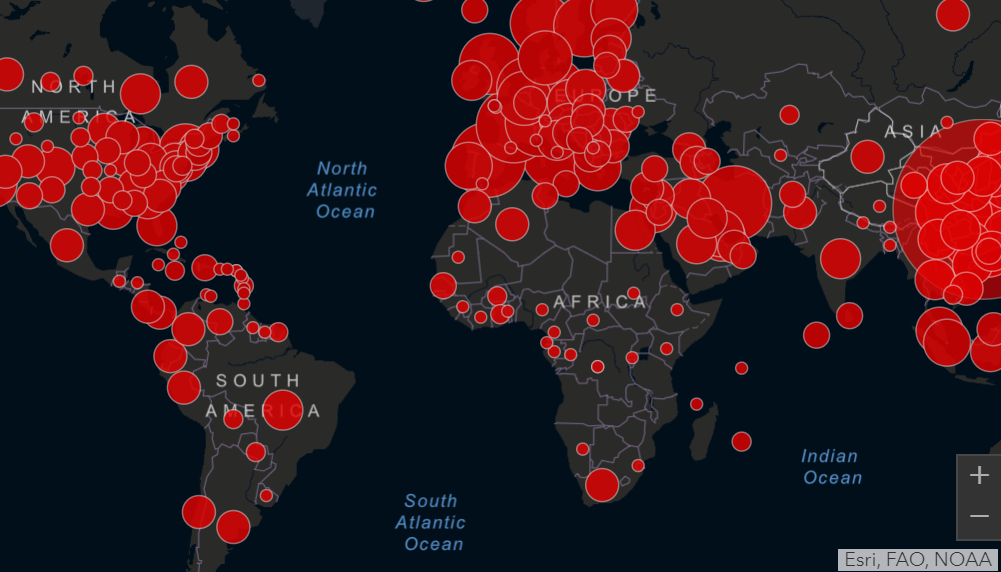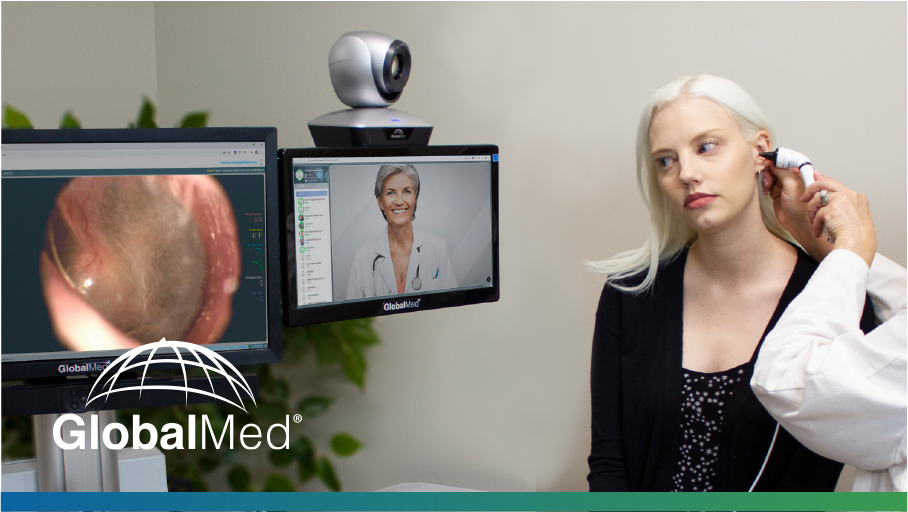Policy Updates: As of 5/5/2020
FAQ for Risk Adjustment Related to COVID-19
FAQs for Hospitals and Critical Access Hospitals regarding EMTALA
4/28/20
The VA, a long-time GlobalMed customer, saw U.S. Veteran telemedicine visits go from 1500-2000/day pre-COVID to 16-18,000/day when COVID-19 hit – a 600+% increase! The VA invested in telemedicine over a decade ago and was well-positioned to manage the increase.
3/29/20
GlobalMed Founder and CEO, Joel E. Barthelemy talks with Matt Yurus of 12News KPNX-TV about the impact telemedicine can make in detecting, containing, and treating COVID-19.
Related Articles
4/3/2020
The FCC will direct $200 million in federal funding toward a new telehealth program that will improve broadband connectivity in rural parts of the U.S.
CMS has expanded telemedicine options for home health agencies.
3/31/2020
HR 478, the Coronavirus Aid Relief, and Economic Security Act or “CARES Act” requires telehealth capabilities for Veterans Affairs case managers; it also allows new enrollments and six-month renewals to be conducted via phone or telehealth.
The CARES Act also allocates $1 billion to Indian Health Services to respond to COVID-19 with telehealth and other information technology upgrades; $27 billion to the Public Health and Social Services Emergency Fund to combat COVID-19 with “telehealth access; and $180 million for the Health Resources and Services Administration – Rural Health for telehealth and rural health activities.
CMS has updated their telemedicine policies to add more services that may be provided virtually. This includes: Emergency Department Visits, Levels 1-5 (CPT codes 99281-99285) as well as initial hospital care and discharge day management (CPT codes 99221-99223; CPT codes 99238-99239). They also expanded the services that can be provided by phone for virtual check-in/e-visits (CPT codes 98966-98968; 99441-99443). Remote patient monitoring services and the virtual check-in codes (G2010, G2012) may also be provided to new and established patients.
3/30/2020
Telemedicine-related updates within the new CARES Act:
- The President has signed the Coronavirus Aid Relief, and Economic Security Act or “CARES Act” into law. This $2 trillion relief package includes telemedicine items, such as allowing Federally Qualified Heath Centers (FQHCs) and Rural Health Clinics (RHCs) to be a distant site provider for telehealth services covered by Medicare. The bill also changes the telemedicine network grant program and telehealth resource centers.
3/24/2020
Recent policy changes give providers more flexibility to offer telemedicine and minimize patient exposure:
- The AAFP (American Academy of Family Physicians) has updated its guidance on using telemedicine to treat patients during the COVID-19 pandemic.
- CMS has eased its reporting requirements for the Quality Payment Program so providers can focus their energies on treating patients.
- Louisiana has become the latest state to issue an emergency order requiring carriers to expand telemedicine access. For state-by-state changes, check the interactive Center for Connected Health Policy map.
- Investors are doubling down on the future of telemedicine innovation.
03/23/20
- Senate Republicans’ COVID-19 economic stimulus bill has proposed reduced restrictions on telemedicine and suspension of the Medicare sequester until the end of 2020.
- 18 states and the District of Columbia have changed their laws to expand telehealth use, such as waiting Medicaid requirements. However, some changes are timed to expire when the coronavirus pandemic is over.
- Vice President Pence announced a new HHS mandate to “allow all doctors and medical professionals to practice across state lines to meet the needs of hospitals that may arise in adjoining areas” – but HHS hasn’t confirmed that yet. Check The Federation of State Medical Boards (FSMB) list of states that have waived licensure requirements or renewal guidelines to allow providers to virtually treat patients in other states.
03/20/20
- Medicare reimburses telehealth visits regardless of the originating site of the patient.
- DEA has clarified that providers can prescribe controlled substances via telemedicine without a prior medical evaluation.
- HHS won’t enforce HIPAA’s Privacy Rule requirement that covered entities use only secure methods of communication for telehealth visits.


















